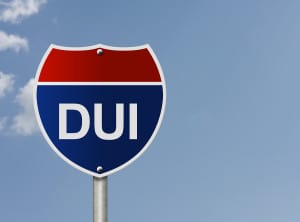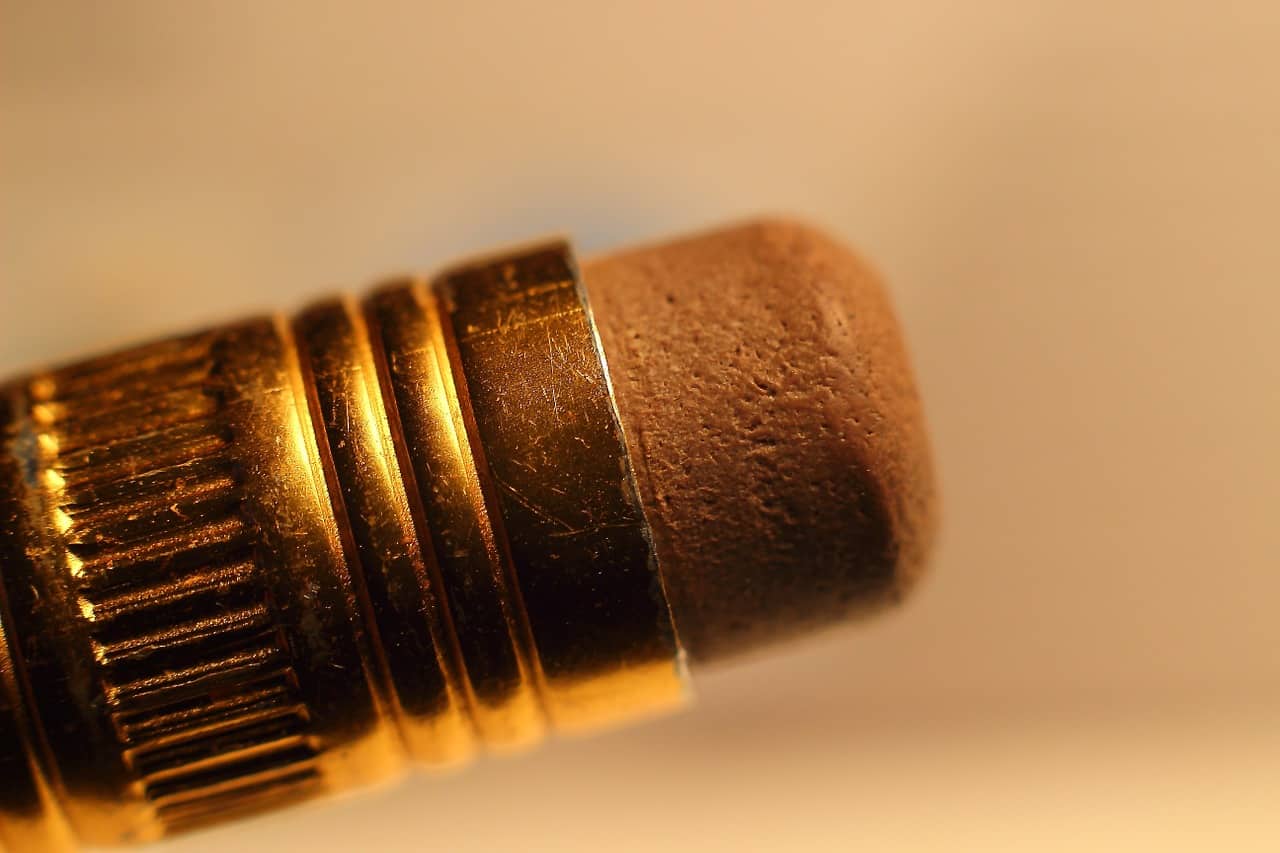 Drunk driving terms and acronyms can vary from state to state, and you could almost make it a challenge to memorize which state uses DUI over OWI for their intoxicated motorists. Maryland, however, takes the fun out of the game, so to speak, by using two of the three most common terms for their drunk drivers – DUI and DWI – a bold move away from states that define a “lesser” drunk driving charge with entirely different language, like DWAI (driving while ability impaired).
Drunk driving terms and acronyms can vary from state to state, and you could almost make it a challenge to memorize which state uses DUI over OWI for their intoxicated motorists. Maryland, however, takes the fun out of the game, so to speak, by using two of the three most common terms for their drunk drivers – DUI and DWI – a bold move away from states that define a “lesser” drunk driving charge with entirely different language, like DWAI (driving while ability impaired).
So, what’s the difference between a DUI and a DWI in Maryland? Your level of intoxication, of course. If you are stopped by law enforcement because they think you’re drunk behind the wheel and you submit a breath sample that measures .07 BAC or less, you’ll be charged with DWI, or driving while intoxicated. You’re not quite at the national BAC limit for drunk driving, but, you’re obviously not sober, and potentially very close to being “that person” on the road.
If your breath sample measures at .08 BAC or higher, you will face DUI charges in Maryland for “driving under the influence” of alcohol. That’s a bigger charge that will cost you more money, possible jail time and the loss of your license. With both a DWI and a DUI in Maryland, you may be eligible for, or ordered to install, an ignition interlock. That device is much less forgiving of your alcohol consumption, and it won’t let you drive even if you’ve only had one drink.
No matter how you spell it, a drunk driving conviction in Maryland or any other state is bad news. There are too many risks involved, not to mention the consequences. Defining DUI, DWI or OWI in any state is best left to the legislators, while your time is best spent with responsible drinking habits that keep you from facing those charges, no matter your state, BAC or love of memorizing legal terminology.

 What is the Real Cost of Colorado DUI
What is the Real Cost of Colorado DUI
Leave a Reply
You must be logged in to post a comment.